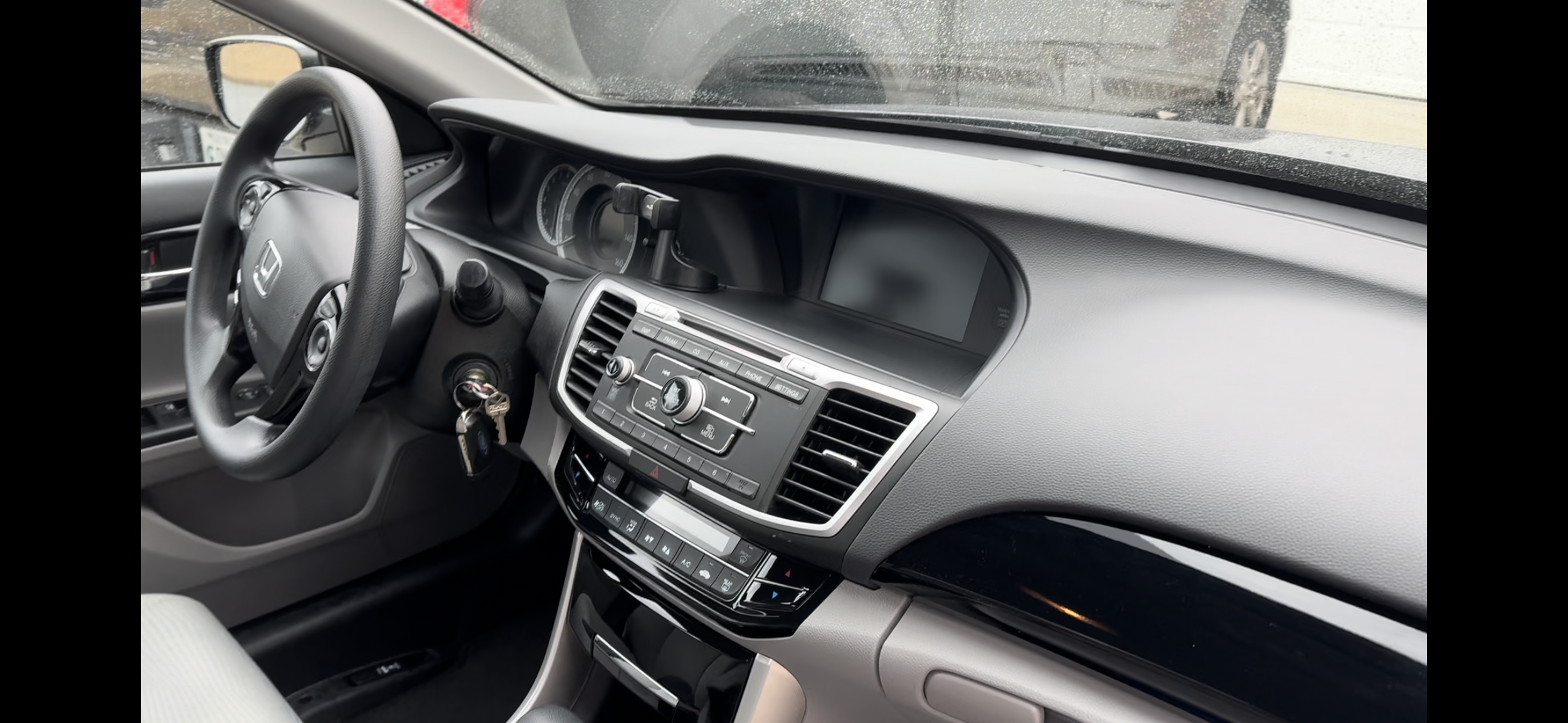The Downside of Convenience: Disadvantages of Automated Car Washes
Automated car washes have become a universal part of our modern lives, offering convenience and efficiency in keeping our vehicles clean. While they may seem like a time-saving solution, there are significant disadvantages associated with using automated car washes that consumers should be aware of. In this blog post, we will explore some of these drawbacks and why they might make you think twice before opting for the automated route.
Scratches and Swirl Marks:
One of the most common complaints from car owners who use automated car washes is the risk of scratches and swirl marks on their vehicle's paintwork. The brushes and rollers used in these systems may carry dirt and debris from previous washes, leading to the unintended consequence of damaging your car's exterior. This can be particularly concerning for those who take pride in maintaining the aesthetic appeal of their vehicles.
Lack of Personalized Care:
Automated car washes follow a one-size-fits-all approach, which means your vehicle receives the same treatment as every other car that passes through the system. This lack of personalized care may result in certain areas of your car not getting the attention they need, leaving behind dirt, grime, or even water spots. Handwashing, on the other hand, allows for a more tailored and thorough cleaning process.
Potential for Damaging Parts:
Some automated car washes use powerful jets and high-pressure water to clean vehicles quickly. While this may seem effective, it can also pose a risk of damaging delicate parts of your car, such as side mirrors, antennas, or convertible tops. The forceful nature of these systems may cause unexpected problems that could lead to costly repairs.
Chemical Concerns:
The cleaning agents used in automated car washes are often strong and may contain chemicals that are harsh on your car's paint and finish. Continuous exposure to these chemicals over time can lead to fading, discoloration, or deterioration of the protective wax coating on your vehicle. Opting for a gentler handwash with milder cleaning agents can help preserve the longevity of your car's exterior.
Environmental Impact:
While automated car washes are designed for efficiency, they may not be as environmentally friendly as one might think. The large amounts of water required, coupled with the chemicals used in the cleaning process, can contribute to water pollution. Additionally, the energy consumption of automated car wash facilities adds to their overall environmental footprint.
Conclusion:
While the convenience of automated car washes is undeniable, it's essential to weigh the advantages against the potential disadvantages. Car owners who prioritize the longevity and appearance of their vehicles may find that a more personalized and careful handwash is worth the extra time and effort. By understanding the drawbacks associated with automated car washes, consumers can make informed decisions about the best methods for keeping their cars clean and well-maintained.




